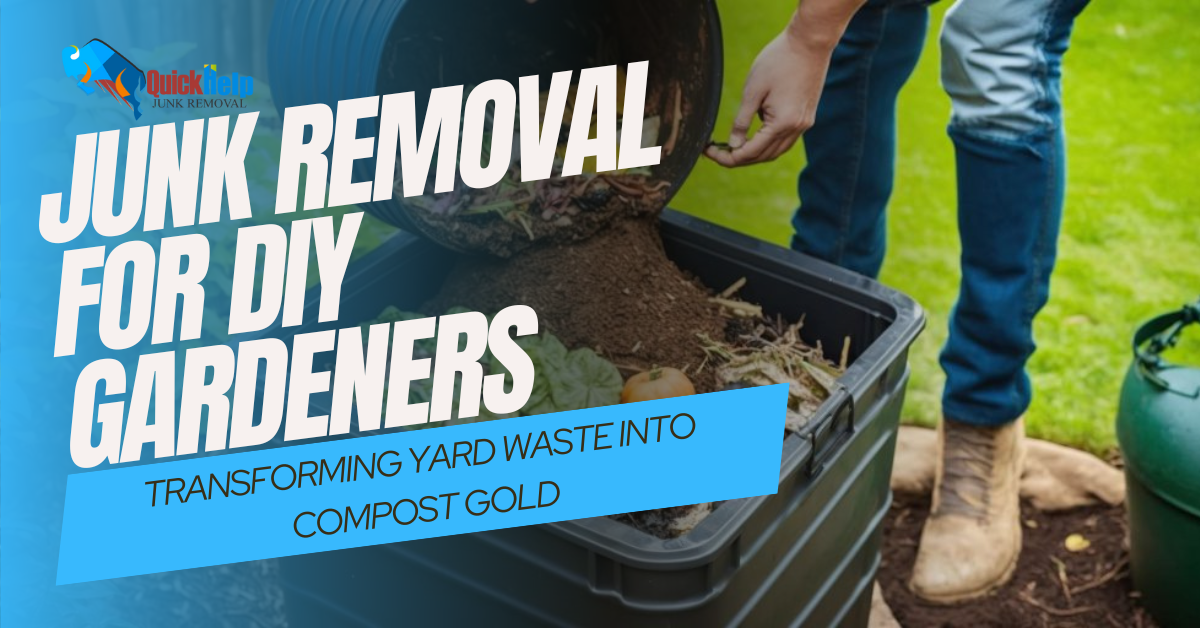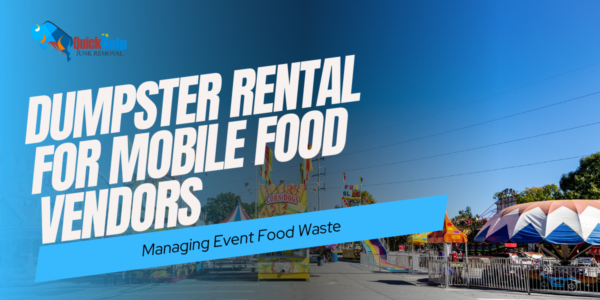Transforming Yard Waste into Compost Gold. Gardening is a fulfilling hobby that allows you to connect with nature, create beautiful landscapes, and grow your own food. However, it often generates a substantial amount of yard waste, from fallen leaves to pruned branches and spent plants. While this green debris may seem like a headache, it’s a valuable resource for any DIY gardener. In this article, we’ll explore how you can turn your garden’s junk into compost gold, all while reducing your ecological footprint and sparing your local landfill the burden of organic waste.
The Problem with Yard Waste
Before we delve into the art of transforming yard waste into compost gold, let’s discuss the environmental challenges it poses. When garden debris ends up in landfills, it decomposes anaerobically, producing harmful greenhouse gases like methane. This contributes to climate change and isn’t the best use of organic materials. Additionally, the transportation and disposal of yard waste can be costly for municipalities and homeowners alike.
The Solution: Composting
Composting is a sustainable practice that turns organic waste into nutrient-rich soil conditioner. It’s a simple yet powerful way to recycle garden waste and reduce your carbon footprint. Instead of bagging up leaves and clippings for curbside collection, consider starting your compost pile or using a compost bin. This process not only reduces the waste sent to landfills but also creates a valuable resource for your garden.
Step 1: Gather Your Materials
To begin your composting journey, collect your garden waste. This includes leaves, grass clippings, small branches, and even kitchen scraps like fruit and vegetable peels. The key is to create a balanced mix of green (nitrogen-rich) and brown (carbon-rich) materials. This balance ensures efficient decomposition and minimizes odor.
Step 2: Choose a Composting Method
There are various composting methods to suit different spaces and preferences. Traditional compost piles work well if you have a larger garden area. If space is limited, consider a compost bin or tumbler. Vermicomposting, using worms, is another option for those with limited outdoor space.
Step 3: Layer and Maintain
To achieve compost gold, you’ll need to layer your materials properly. Start with a layer of brown materials like dried leaves, add green materials, and sprinkle a bit of soil or finished compost as an activator. Turn the pile occasionally to aerate it and facilitate decomposition. Maintaining the right moisture level and avoiding meat and dairy products in your compost are also crucial.
Step 4: Harvest and Use
Depending on the method and conditions, your compost will be ready in several months to a year. When it’s dark, crumbly, and smells earthy, it’s time to harvest your compost gold. Use it to enrich your garden soil, mulch your plants, or create nutrient-rich potting mixes.
Benefits of Composting for Gardeners
Composting offers numerous benefits to DIY gardeners. Firstly, it reduces the need for chemical fertilizers, promoting healthier, more vibrant plants. Secondly, it improves soil structure and water retention, especially in sandy or clayey soils. Compost also acts as a natural pest repellent and disease suppressant. Lastly, by reducing your garden’s waste output, you’re doing your part to minimize the environmental impact of your gardening endeavors.
Conclusion
Transforming yard waste into compost gold is a win-win for both your garden and the environment. As a DIY gardener, you have the power to reduce landfill waste, enrich your garden soil naturally, and contribute to a greener, more sustainable world. Embrace composting as an integral part of your gardening routine, and you’ll not only see your garden thrive but also enjoy the satisfaction of knowing you’re doing your part to protect the planet. So, roll up your sleeves, grab your garden gloves, and let’s turn that junk into garden treasure!




